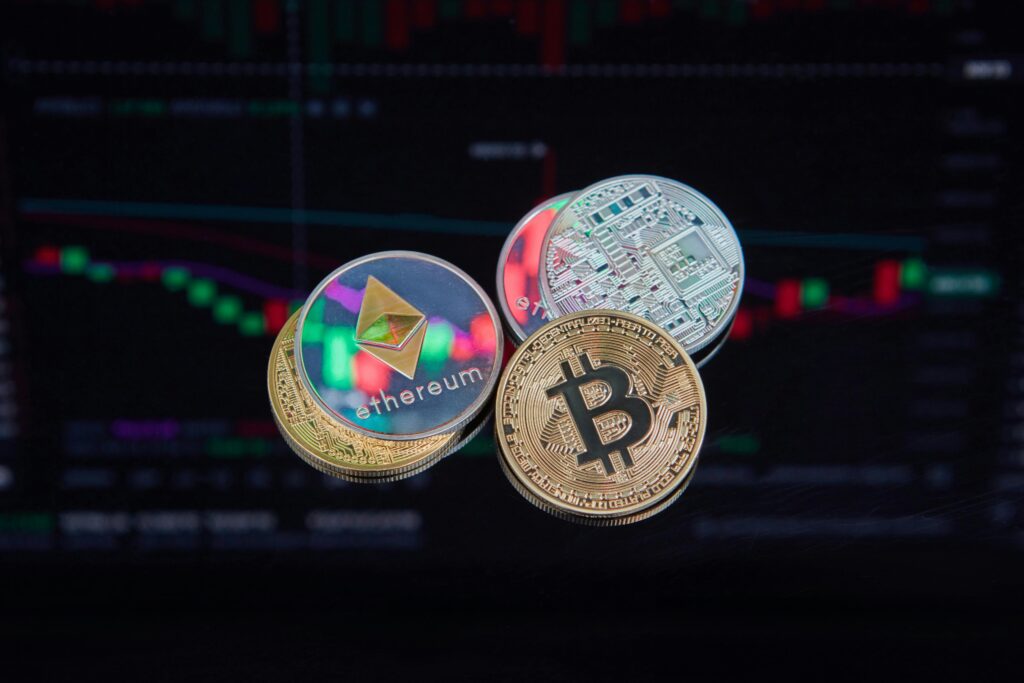Sustainable & ESG Investing: Why It’s Becoming the Future of Finance
Finance is no longer just about making money. Around the world, investors are asking a new question: How can I grow wealth while also making a positive difference? This shift has given rise to Sustainable and ESG (Environmental, Social, and Governance) investing, one of the fastest-growing trends in global markets.
From small individual investors to trillion-dollar institutions, people are moving capital toward businesses that care about the environment, people, and ethical leadership. In this blog, we’ll explore what ESG investing really means, why it matters, and how it could reshape the future of finance.
What Is ESG Investing?
ESG investing looks beyond just profits. It measures how companies perform in three critical areas:
- Environmental (E): How a company affects the planet—its role in climate change, renewable energy use, waste management, and resource efficiency.
- Social (S): How it treats people—employees, customers, suppliers, and the wider community. This includes diversity, working conditions, and human rights.
- Governance (G): How the business is run—its leadership quality, transparency, shareholder rights, and ethical decision-making.
Instead of only checking financial statements, ESG investors want to know: Is this company doing good while doing well?

Why Is ESG Investing Growing So Fast?
The rise of ESG is not accidental—it reflects major global shifts.
1. Climate Change Awareness
Wildfires, floods, and rising temperatures have shown that ignoring climate change comes with a heavy cost. Investors realize that companies unprepared for environmental risks may struggle in the future.
2. Regulations and Policies
Governments worldwide are requiring more disclosure. For example, the EU Corporate Sustainability Reporting Directive (CSRD) makes companies publish details about their environmental and social impact.
3. Consumer and Investor Demand
Modern consumers want brands that align with their values. When shoppers support eco-friendly businesses, investors naturally follow.
4. Risk Management
Strong ESG companies often avoid scandals, lawsuits, and public backlash. This makes them safer long-term investments.

The Rise of Green Bonds and Regenerative Finance (ReFi)
Two exciting areas within sustainable investing are gaining momentum:
- Green Bonds: These are investment tools that fund projects like clean energy, sustainable farming, or eco-friendly infrastructure. In recent years, governments and corporations have issued billions in green bonds, signaling huge growth potential.
- Regenerative Finance (ReFi): A new model that merges blockchain with sustainability. Instead of just minimizing harm, ReFi projects aim to actively repair ecosystems and communities while delivering financial returns.
Benefits of ESG Investing
Why are investors—big and small—choosing ESG funds?
- Competitive Returns
Contrary to the old belief that “doing good” means lower profits, many ESG funds perform as well—or better—than traditional investments. - Long-Term Stability
Companies focused on sustainability are often better prepared to handle risks like climate regulations or supply chain disruptions. - Positive Impact
By choosing ESG, investors directly support businesses that care about people and the planet. This means wealth creation comes with purpose. - Reputation and Trust
Ethical companies build stronger brands and customer loyalty, which leads to lasting financial growth.
Challenges of ESG Investing
No investment trend is perfect. Here are a few hurdles ESG investors face:
- Greenwashing: Some companies exaggerate or misrepresent their sustainability practices to look more attractive to investors.
- Lack of Standardization: Different rating agencies use different ESG criteria, which can confuse investors.
- Short-Term Costs: Transitioning to sustainable practices may require upfront expenses that can temporarily affect profitability.
How to Get Started With ESG Investing
If you’re new to ESG investing, here’s a simple roadmap:
- Research ESG Funds or ETFs – Many financial institutions now offer ESG-focused funds.
- Check ESG Ratings – Platforms like MSCI and Sustainalytics provide company ESG scores.
- Diversify – Don’t put all your money into one sector; spread across industries for stability.
- Think Long-Term – ESG is about future growth and resilience, not quick wins.
The Future of Sustainable Finance
Sustainable and ESG investing is no passing trend—it’s a global movement. As climate challenges grow, regulations tighten, and consumers demand more responsibility, companies will have no choice but to adopt ESG principles.
For investors, this is a unique opportunity. By choosing sustainable portfolios, you’re not only protecting your wealth but also shaping a better future for generations to come.

Final Thoughts
Money has power. Where we invest shapes industries, influences leaders, and even impacts the planet. Sustainable and ESG investing proves that finance can create both wealth and positive change.
If you want investments that are future-proof, ethical, and impactful, ESG might be the smartest move you’ll ever make.
Stay connected with us for more smart money tips—follow Dollar For You now on Instagram, Facebook, and Pinterest!
Quicky understand what are we at :
Managing Money Effectively- Dollar For You’s Complete Guide to Save, Invest and Grow
you may also like,
Where Smart Investors Are Putting Their Money
Share this content:




2 comments